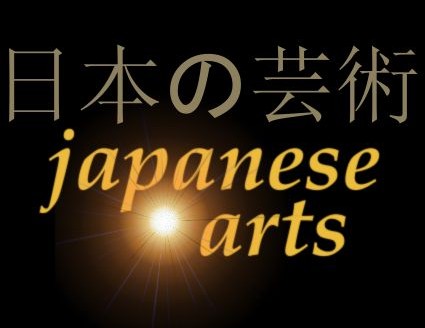| architecture |
| calligraphy |
| ceramics |
| clothing |
| comics |
| gardens |
| lacquerwork |
| literature |
| movies |
| music |
| painting |
| poetry |
| sculpture |
| tea ceremony |
| television |
| theatre |
| weaponry |
| thematic routes |
| timeline |
| the site |
context: poetry
Poetry: An Apology
Robert Frost went further than Samuel Johnson's statement that poetry can't be translated: Frost once defined poetry as "that which cannot be translated", so this is not going to be a terribly convincing section. This is even more so when you take into account Ivan Morris's view that "There can be no literature in the world less suited to translation than classic Japanese poetry." I can read or speak no Japanese at all. I rely on translations, and they clearly lose a vast amount. The compactness and syllabic requirements of most Japanese poetry must make it even harder to translate with any degree of fidelity, and the often dense use of allusions and symbols, references that mean nothing or something different to non-Japanese, have little chance of retaining any resonance. What mention of the moon evokes for the Japanese (by default, it signifies Autumn) is utterly different from what it is likely to mean in Western poetry, and the swathe of connotative echoes that mention of bamboo causes there are simply lost on other readers. On top of that, Japanese is a language particularly strong on wordplay and punning.
If you want discussion of the beauty of the language, the rhythms (such as they are) and most of the complexities of meaning, I'm afraid I'll be of very little use to you. Beyond feeling an obligation to address one of the three most important artforms in Japan (with calligraphy and painting), there are some things I want to talk about, so I hope this section is not completely worthless.
